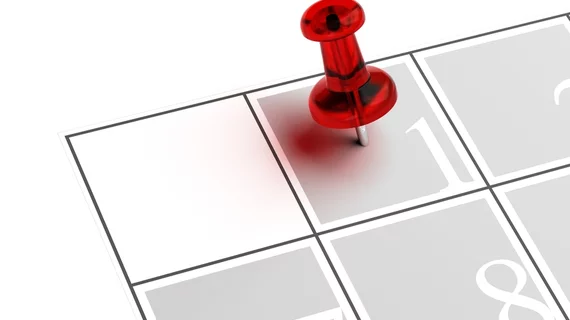‘Crisis on our hands’: Radiologists warn of ‘dangerously long’ wait times for imaging
There is a brewing crisis in the Canadian province of British Columbia, with local radiologists warning of “dangerously long” wait times for imaging.
The BC Radiological Society estimates that local providers have absorbed a 25% surge in costs for equipment, technical fees and wages. Yet at the same time, the government-set rate for imaging services has only increased 5%, with providers unable to absorb the shortfall.
“They're losing money and it's just not sustainable,” BCRS President Charlotte Yong-Hing, MD, told CTV News Vancouver in a report published June 19. “The situation is critical because patients are [already] waiting six to nine months for biopsies and … are going to be diagnosed later when their cancer is at a later stage and it's harder to treat.”
Private imaging groups have proven more efficient than the government-run counterparts in tackling the backlogs. And if they are forced to close, Yong-Hing said, the public system would not be able to absorb “tens of thousands” of scans in the queue. Wait times for breast cancer screenings are already “dangerously long,” she added.
The backlog is having a domino effect, also delaying surgeries with patients unable to receive the necessary pre-op imaging.
“People cannot even access a surgical waitlist until they get off a radiology waitlist; it’s a huge bottleneck,” said Daniel Jenkin, MD, past president of the General Surgeons of B.C.
Read the rest of the story here:

